Top judges slam youth bail laws amid rural crime wave
Senior judges have slammed toughened youth bail laws, but police want them to be even stronger to protect regional towns constantly under siege from under-age crime.
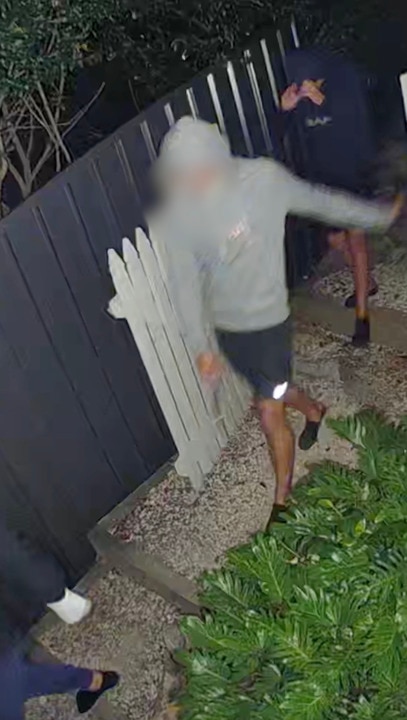
News
Don't miss out on the headlines from News. Followed categories will be added to My News.
Three of the state’s most senior judges have slammed strengthened youth bail laws as “troubling” and “draconian”, despite the Minns government this week extending them for three more years in a bid to protect rural towns constantly under siege from under-age crime.
NSW Supreme Court judges Justice Dina Yehia, Justice Julia Lonergan and Justice Stephen Rothman have all separately taken aim at the decision to tighten section 22C of the Bail Act – which requires them to have a “high degree of confidence” that juveniles who offend while on bail will not do so again, before they can let them back into the community.
In three separate juvenile bail decisions over the past year, Justice Yehia called the tougher laws “troubling”, Justice Lonergan labelled them as “potentially draconian (and) unfairly discriminatory” and Justice Rothman questioned if they were even “constitutionally valid”.
But, as Premier Chris Minns this week extended the strengthened bail laws until 2028, behind the scenes police are understood to be pushing for them to go even further.
When questioned by The Saturday Telegraph about how his government’s position could be so far at odds with those implementing them, Attorney-General Michael Daley refused to address the judges’ comments, and said he made no apologies for a strong stance: “These laws are tough, but they need to be”.
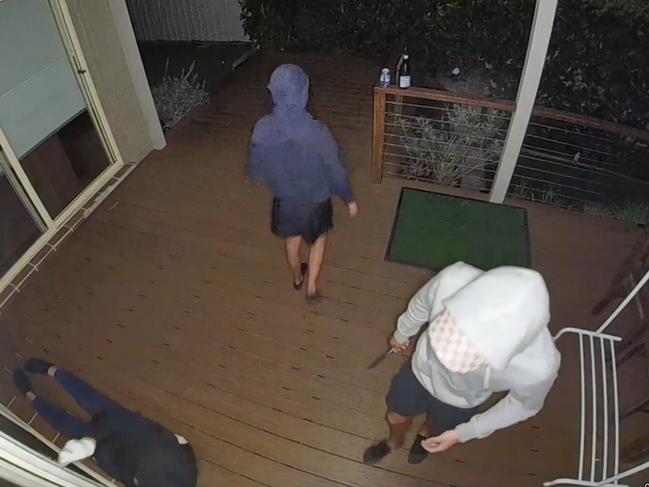
New data released this week by the Bureau of Crime Statistics and Research show the number of youths in custody has increased by close to one third since the tougher bail laws were introduced in 2023.
But being forced by politicians to refuse an increasing number of youths bail does not sit well with those enforcing the laws.


“It is a ham-fisted attempt to deal with a political difficulty in a manner which, in my view, creates significant problems for the administration of justice and does not deal with the problem that was sought to be overcome,” Justice Rothman, who has two decades’ experience on the NSW Supreme Court bench, said in a recent judgment.
In the case of a 14-year-old boy from Moree, accused of break, enter and steal, knowingly being carried in a stolen car, and destroying property by fire, another Supreme Court judge, Justice Yehia, agreed to grant bail.
But in the process she took issue with the amendments, saying it was “both curious and troubling that a stricter and higher test applies to children” than adults.
The boy allegedly broke into an elderly woman’s home with four others, stole her keys and made off with her car, however, Justice Yehia said she had a “high degree of confidence” he would not offend again.
While he had three breaches of bail on his record, she noted he had never been found guilty of an offence.
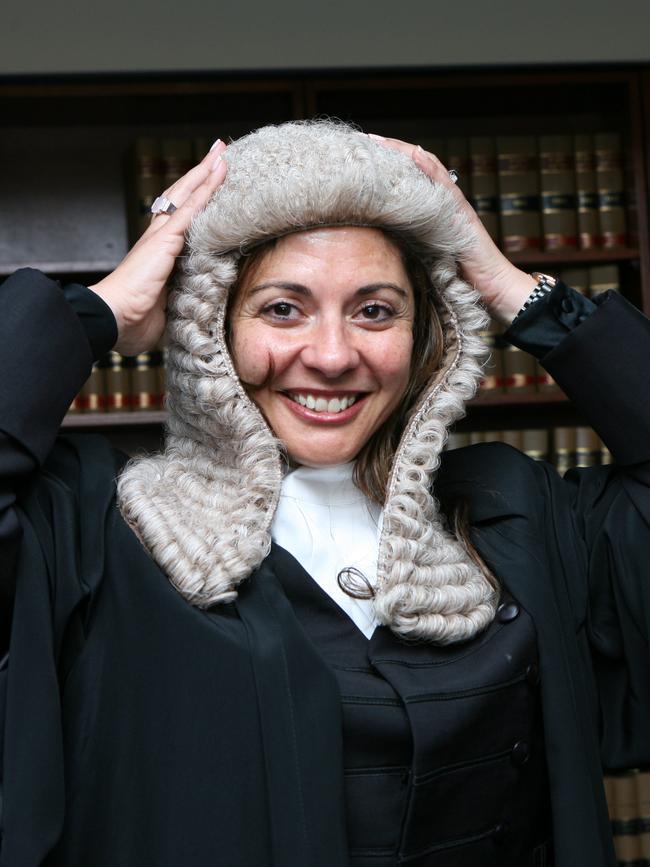
But the Attorney-General defended the laws this week, saying they were necessary and “carefully calibrated”.
“We said from the start these laws are tough – but they need to be,” Mr Daley said.
“This law was carefully calibrated because we can’t tolerate this serious repeat offending from young people.“
Towns like Moree, Casino, Tamworth and Kempsey have in recent years been considered the front line of the youth crime problem.
But while policing and other resources have put into those towns, in more recent times the issue has extended to other regional centres, including once idyllic holiday destinations like South West Rocks, Yamba and Terrigal – the latter being home to Jo Coleman who has in recent times had pavers thrown through the window of her cars and home.
She believes she is the victim of targeted youth crime for flagging the issue on her local community page.
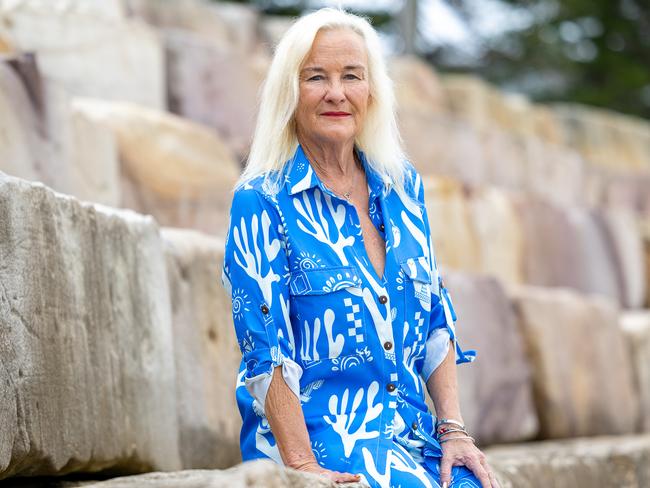
“Because I’m being so vocal about this I know I’m being targeted by these kids now,” Ms Coleman said.
“For these kids who get off repeatedly, when is enough, enough?
“The average age for break and enters in the Bayswater area is 14.6 (years old), that’s how you know you have a youth crime problem on your hands.”
When announcing the three-year extension of the bail laws in parliament this week, Mr Minns said while he believed they were working, more still needed to be done to stop young offenders.
“Under our stronger bail laws, alleged offenders are more than twice as likely to be denied bail,” he said.
“It’s not ‘mission accomplished’ on youth crime, but the bail laws are working, so we’re extending them.”
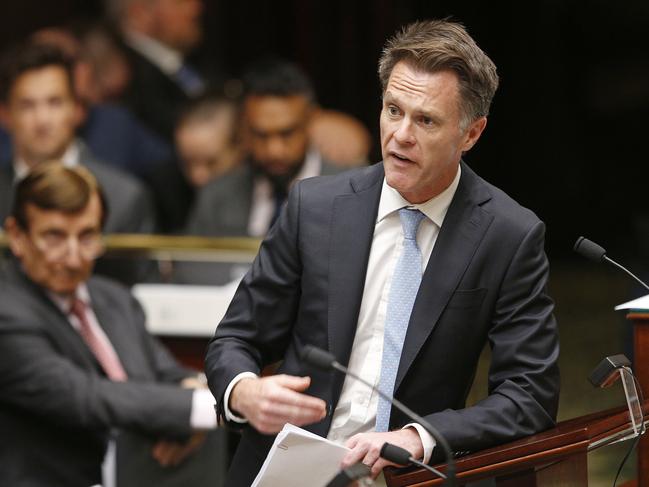
Laying bare the divide in opinion over youth bail laws, while the courts are criticising the government’s stance, senior NSW Police believe they need to be even stricter.
Senior officers are understood to have urged the state government to go harder on recidivist offenders – particularly around doli incapax, the Latin legal term that refers to criminal intent.

In NSW, it must be proved that a child between 10 and 14 had criminal intent before they can be found guilty of any crime – regardless of whether it is proven they committed it.
But serial youth offenders aware of the loophole have been known to poke fun at the doli incapax legal test, dubbing their crimes “doing doli”.
“There needs to be new legislation around doli incapax, that’s the big one,” a police source said.
“Kids know they can get away with their crimes because of their age.”
Do you have a story for The Daily Telegraph? Message 0481 056 618 or email tips@dailytelegraph.com.au
More Coverage
Originally published as Top judges slam youth bail laws amid rural crime wave




